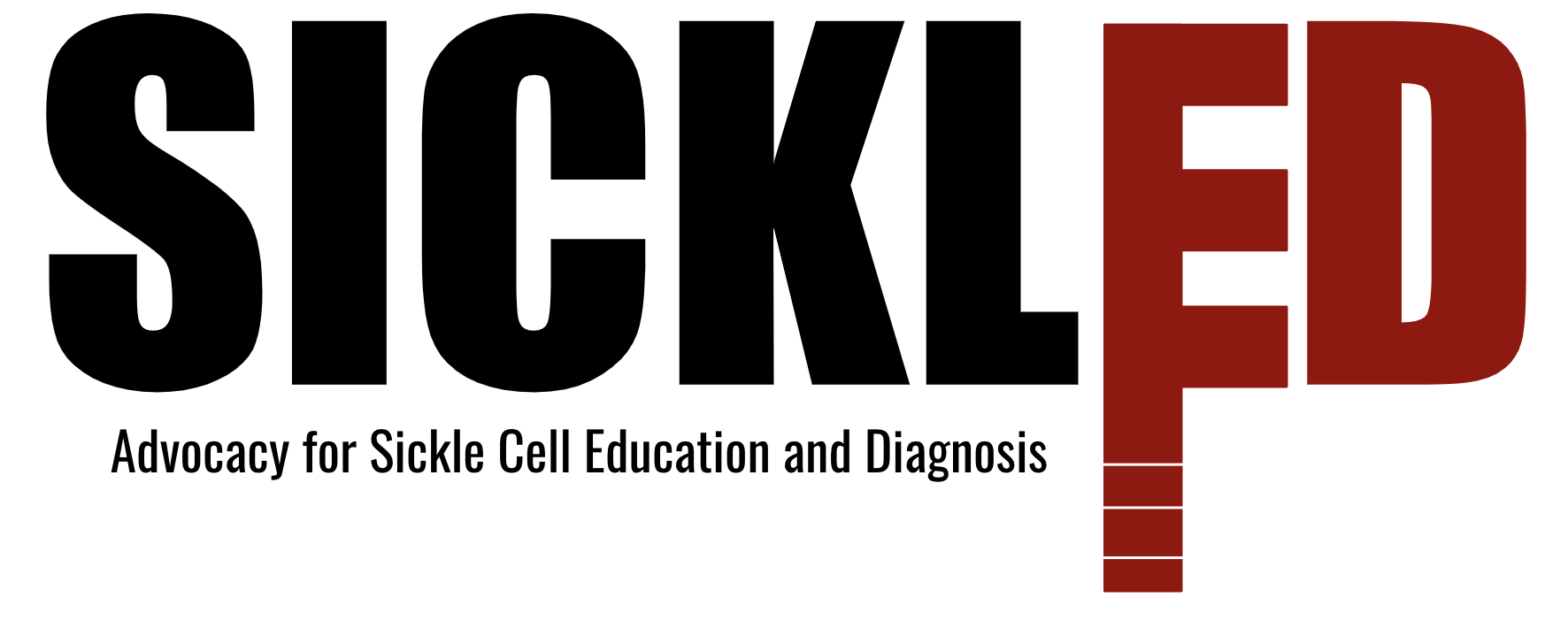Buffer Making and Void Volume Test
Over the course of the week, we made more of three of our buffers, MES buffer, Conjugate Release Buffer (CRB), and running buffer. In addition to this, we conducted a void volume experiment with individual strip components, similar to the experiment we conducted last week. Essentially, we dipped the conjugate release pad, absorbent pad and nitrocellulose membrane into a pool of fluid, and waited for the material to become saturated. Last week, we used DI water. This week, since we had just made more running buffer, we used this instead. Figures showing the approximate volume each component collected are shown below.



Lateral Flow Assay Diagram
We also created a diagram of our test strip in order to aid new team members and general audience members in understanding the mechanisms of our test strip.

OraSure Updates
At OraSure this week we began working on the first experiment aimed at giving us more consistency in our bead conjugation process. This involved using column purification rather than dialysis and using a spectrophotometer to determine the exact concentration of the antibodies following purification. These experiments went well, with an appropriate volume of high-enough concentration antibodies resulting from the procedure. Another test that was done was a stain on previously striped test strips. This would determine whether or not they could be used in future experiments due to the amount of control antibody on the surface. This was also successful as there appeared to be adequate protein on the test strips to help us prove our future conjugations’ effectiveness.
